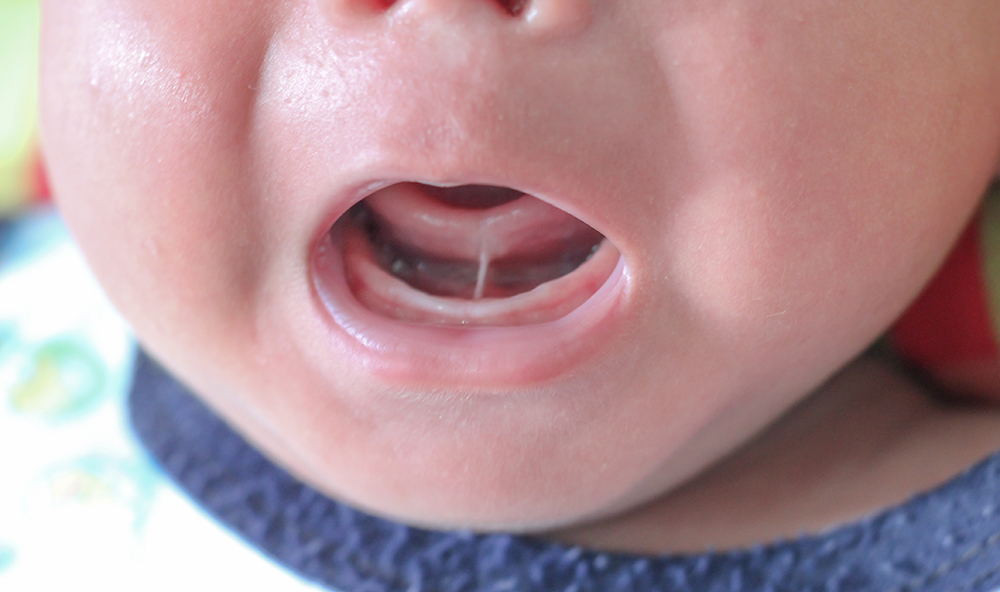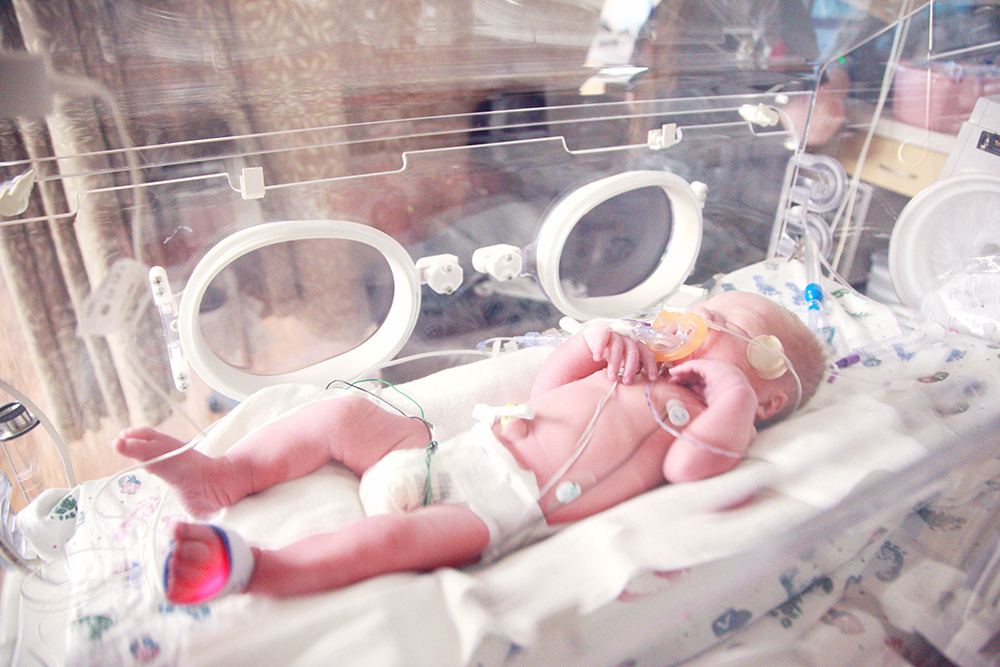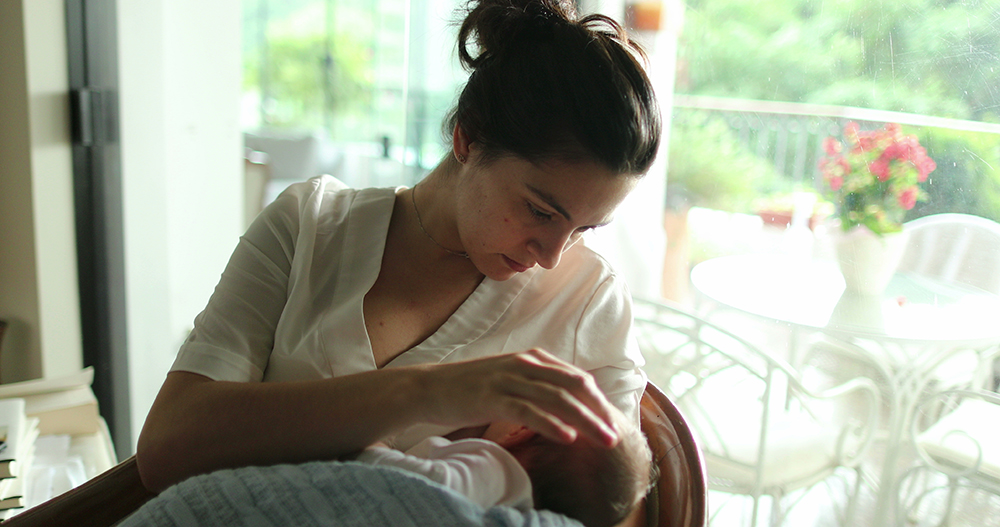This post is also available in: English
Almost every nursing mother has experienced some issue or the other with breastfeeding. These include sore nipples, engorgement, low breast milk supply, mastitis, etc. However, what frustrates the mother most is a baby refusing to breastfeed.
There could be several reasons for this and they need to be analysed carefully. Very often, the baby may take some time to start nursing comfortably. Till then, the mother needs to maintain her breast milk supply by frequent expressing, preferably using a breast pump.
Let us try to understand a few reasons why the baby may not be breastfeeding:
- Use of Vaccum or Forceps During Delivery

When forceps or a vacuum cup are applied to the baby’s skull during the process of birthing, it may cause compression on the baby’s nerves that supply the sucking and swallowing muscles. Hence, the baby may not be able to latch and breastfeed well for the first few days until the muscles start functioning normally. The mother needs to keep offering her breasts for every nursing session and wait for the baby to recover.
2. Sleepy Baby

Painkillers given to the mother during delivery can make the baby very sleepy for the first day or two after birth. Again, the mother needs to be patient till the effect of the medicine wears off.
3. Tongue Tie

Babies having severe tongue ties do not ‘refuse’ to latch on the breast, rather they are unable to sustain the latch. Hence they appear to be refusing the breast. They need to be assessed and a tongue tie release surgery may have to be planned, to make breastfeeding successful.
4. Premature Baby

Babies born anytime before 37 completed weeks of gestation are termed preterm babies. Whether a baby is born at 28 weeks or 34 weeks, both will have difficulty breastfeeding due to immature suck-swallow-breathing reflexes. Of course, the baby born at 28 weeks will have greater trouble breastfeeding, than the baby born at 34 weeks. These babies need regular skin-to-skin contact and a gradual introduction to breastfeeding so as not to overwhelm them.
5. Jaundice in the Newborn

As the blood bilirubin level rises in jaundice, it makes the newborn more sleepy and inefficient at suckling. Hence they appear to be struggling with breastfeeding. Proper management as suggested by a paediatrician should help reduce the jaundice and resume breastfeeding.
6. Cleft Lip and Cleft Palate

Some babies have a cleft i.e. defect in the palate (roof of the mouth) or in the upper lip. This makes it difficult for the baby to latch on the breast. Sucking and swallowing is also a difficult task for them. These babies can breastfeed only when the cleft is surgically repaired.
7. Mother Related Issues

When the mother’s breasts are severely engorged, the nipples get stretched and flattened, making it difficult for the baby to get a deeper latch. Hence the baby keeps struggling at the breast. The mother needs to take care of her engorgement so the baby can latch and breastfeed well.
Few mothers also have inverted nipples due to which the baby cannot latch. Here, guidance provided by an expert lactation consultant is needed.
Whatever the reason, never force your baby to breastfeed and do not panic if they do not. It just worsens the situation. Have sufficient skin-to-skin contact between the mother and the baby. Let the baby be fed expressed breastmilk. Keep gently offering the breast whenever the baby is hungry. At the same time, keep working on discovering and fixing the probable reason for refusal to feed, with the help of an expert lactation consultant. Once everything falls into place, the baby will begin to breastfeed on his own.
By
Dr. Preeti Gangan
MBBS, DCH, IBCLC
Paediatrician and Lactation Consultant

This post is also available in: English










